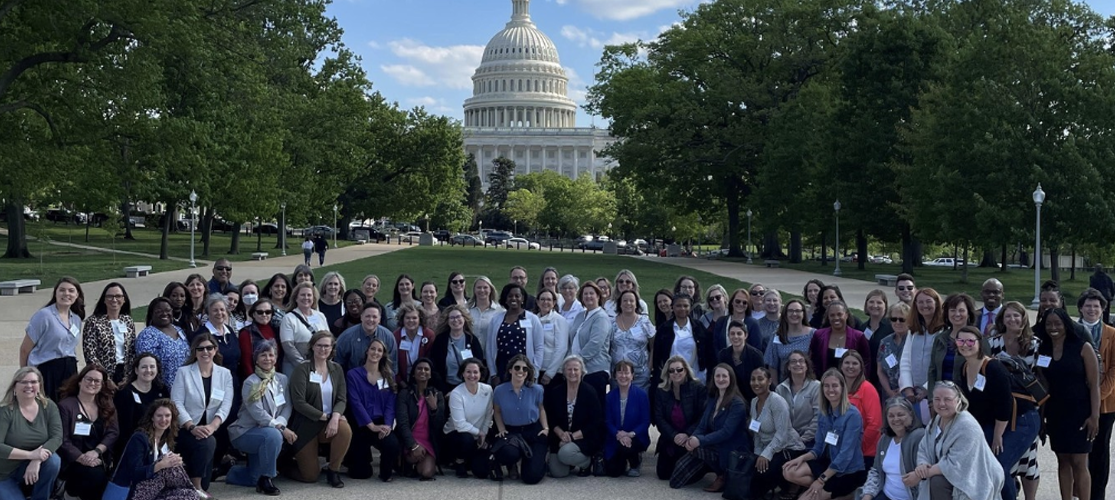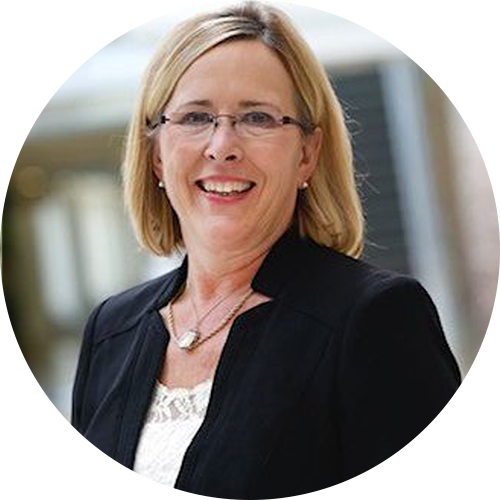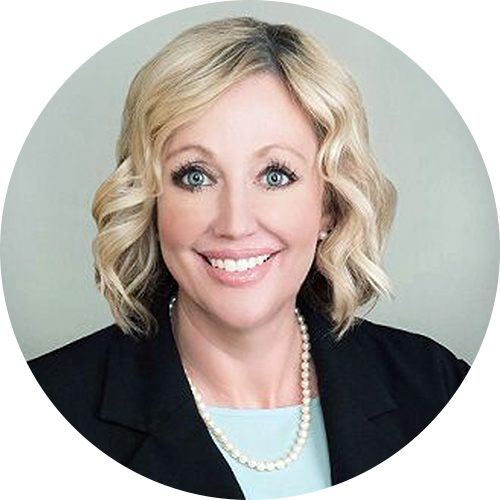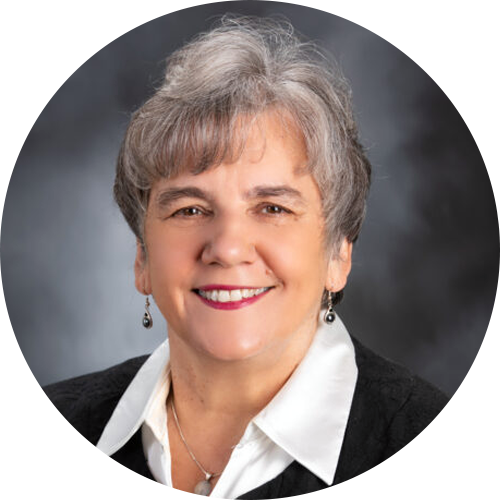Saturday, July 14, 2018
Posted by: Mary Elkordy
Washington, D.C. – The Association of Women’s Health, Obstetric and Neonatal Nurses (AWHONN) has joined 50 Association of Maternal & Child Health Programs coalition partners in urging Secretary Alex Azar and the administration to continue supporting policies that protect, promote and support breastfeeding. This letter is in response to news reported in the New York Times that the United States undermined a global resolution aimed at supporting breastfeeding at the United Nations-affiliated World Health Assembly in Geneva this past spring. This letter to Secretary Azar aims to reinforce that the U.S. should be supporting globally the same public health practices we promote in the United States. Read the letter we signed on to below:
“Dear Secretary Azar:
We write to express concern over reports that the United States delegation to the recently convened World Health Assembly sought to weaken a resolution designed to protect, promote and support breastfeeding.
The health benefits of breastfeeding are well documented through extensive research. As outlined on the Department of Health and Human Services’ Office of Women’s Health website, breastfeeding leads to health benefits for children such as lower rates of obesity, sudden infant death syndrome (SIDS) and asthma. Similarly, breastfeeding has benefits for mothers such as lower risk for type 2 diabetes and certain types of cancers.
The position presented by the U.S. to the global community contradicts the very public health practices that we promote domestically. Through a variety of federal programs, the U.S. has demonstrated a commitment to providing breastfeeding support to women and their families and invests significant resources to support this position through a variety of programs with a strong history of bipartisan support. For example:
- The Title V Maternal & Child Health Services Block Grant, which is a federal-state partnership for improving the health and well-being of our nation’s mothers, children, including children with special needs, and their families, includes a national performance measure related to the percent of infants who were ever breastfed and the percent of infants who were exclusively breastfeed through 6 months of age.
- The Maternal, Infant and Early Childhood Home Visiting (MIECHV) and Healthy Start programs both feature a benchmark related to breastfeeding.
- The Office of Women’s Health promotes a resource entitled “The Business Case for Breastfeeding,” to specifically communicate to employers the benefits of supporting breastfeeding employees in the workplace
- The Women, Infants and Children (WIC) program, implemented through the U.S. Department of Agriculture’s Food and Nutrition Service, requires state and local agencies to ensure breastfeeding support and assistance is provided.
We respect and recognize that not all women may desire to or have the option to breastfeed. However, the World Health Assembly resolution appropriately included language urging member states to address the inappropriate promotion of foods for infants and young children as this practice may be harmful regardless of whether the child is breastfed.
We urge you to continue supporting policies and positions in the global arena that aim to protect, promote and support breastfeeding just as the federal government does here in the United States.”























